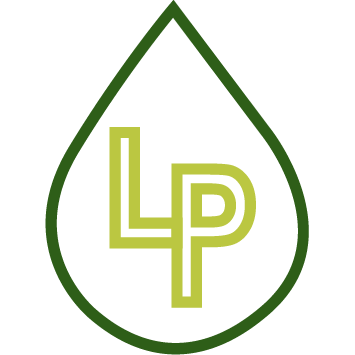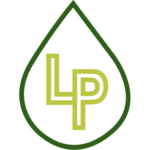Here are ten ways to prevent sewer blockages:
- Proper waste disposal: Dispose of waste correctly by using trash bins for items such as food scraps, grease, oils, feminine hygiene products, cotton swabs, diapers, and any other non-flushable items.
- Toilet etiquette: Only flush human waste and toilet paper down the toilet. Avoid flushing items like facial tissues, wipes (even those labeled “flushable”), dental floss, and paper towels.
- Grease management: Avoid pouring cooking oils, fats, and grease down the drain. Instead, let them solidify and dispose of them in the trash or collect them for recycling where available.
- Install drain guards or strainers: Place drain guards or strainers over sinks, showers, and tubs to catch hair, food particles, and other debris. Clean them regularly to prevent buildup.
- Regular pipe maintenance: Schedule periodic inspections and maintenance of your sewer pipes. This can include professional drain cleaning, pipe snaking, or hydro-jetting to remove potential blockages and buildup.
- Tree root management: If you have trees near your sewer lines, consider regular drain inspections camera and, if necessary, hire a professional to trim or remove roots that are intruding into the pipes.
- Educate residents and tenants: If you manage a property with multiple occupants, educate them about proper waste disposal and the importance of not flushing inappropriate items down the toilet or pouring grease down the drain.
- Be mindful of landscaping and consider Vaporooter treatment: When planting trees or shrubs near sewer lines, be aware of their root systems’ invasive nature. In areas prone to root intrusion, consider using Vaporooter treatment as a preventive measure to control root growth and minimize the risk of blockages in the sewer pipes. Consult with a professional plumber or drain specialist experienced in Vaporooter application to determine the suitability and effectiveness of the treatment for your specific situation.
- Be cautious with chemicals: Avoid pouring harsh chemicals, paints, solvents, or medications down the drain, as they can cause damage to the pipes and have negative environmental impacts.
- Stay informed about local guidelines: Stay updated on local regulations and guidelines regarding sewer maintenance and waste disposal. Your local municipality or water authority may provide specific recommendations or resources to help prevent blockages.
By following these practices, you can significantly reduce the risk of sewer blockages and help maintain a properly functioning sewer system.

